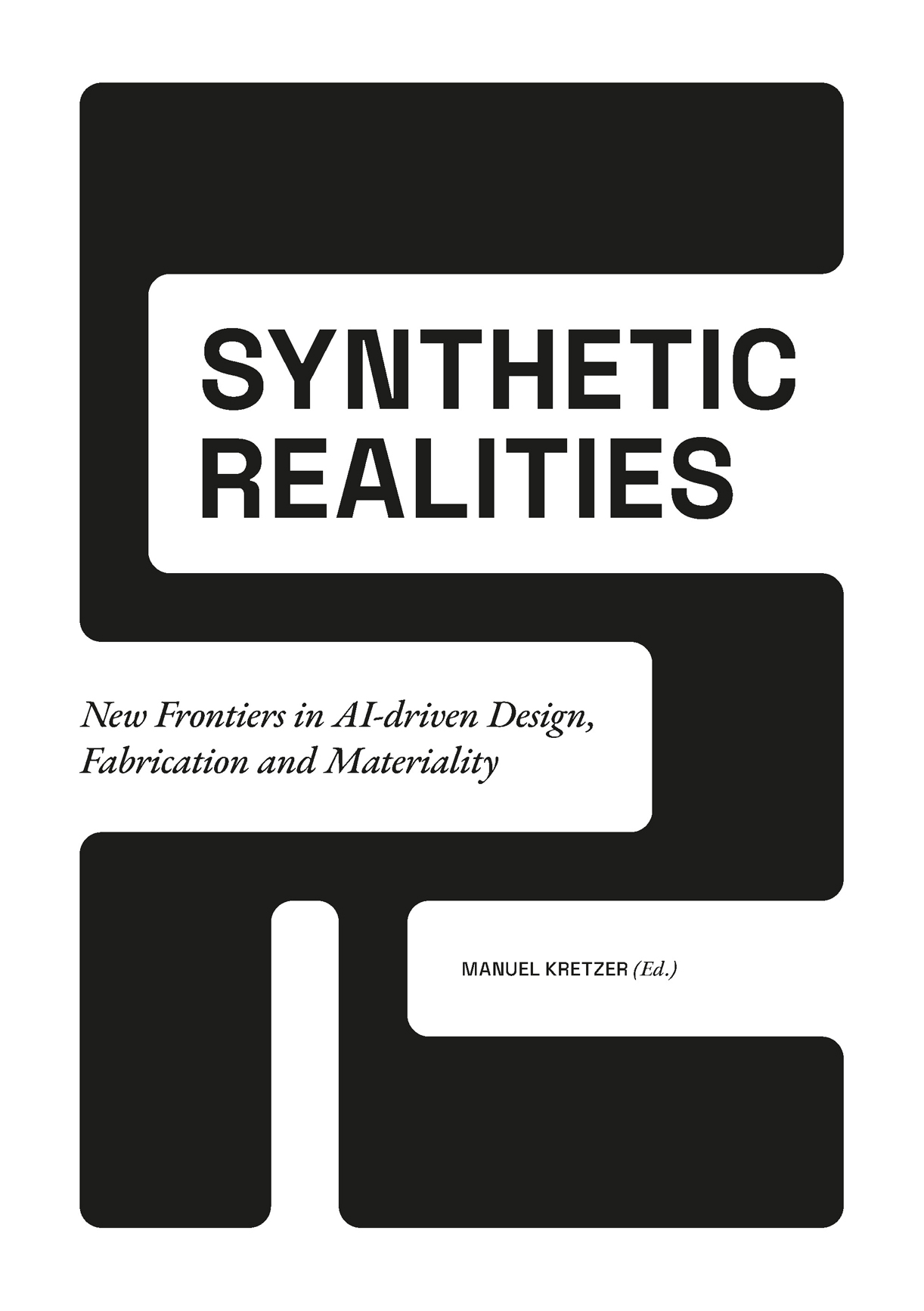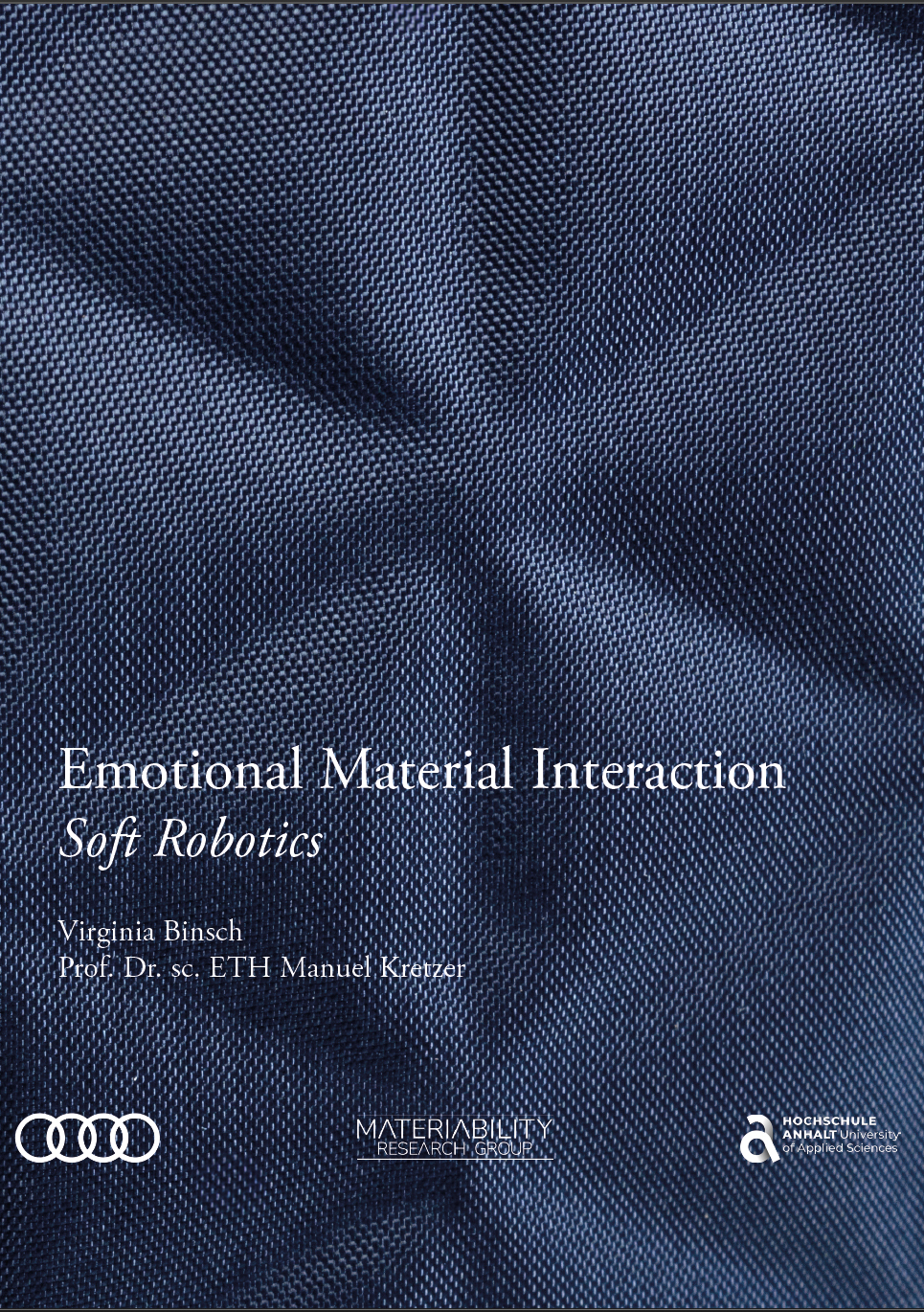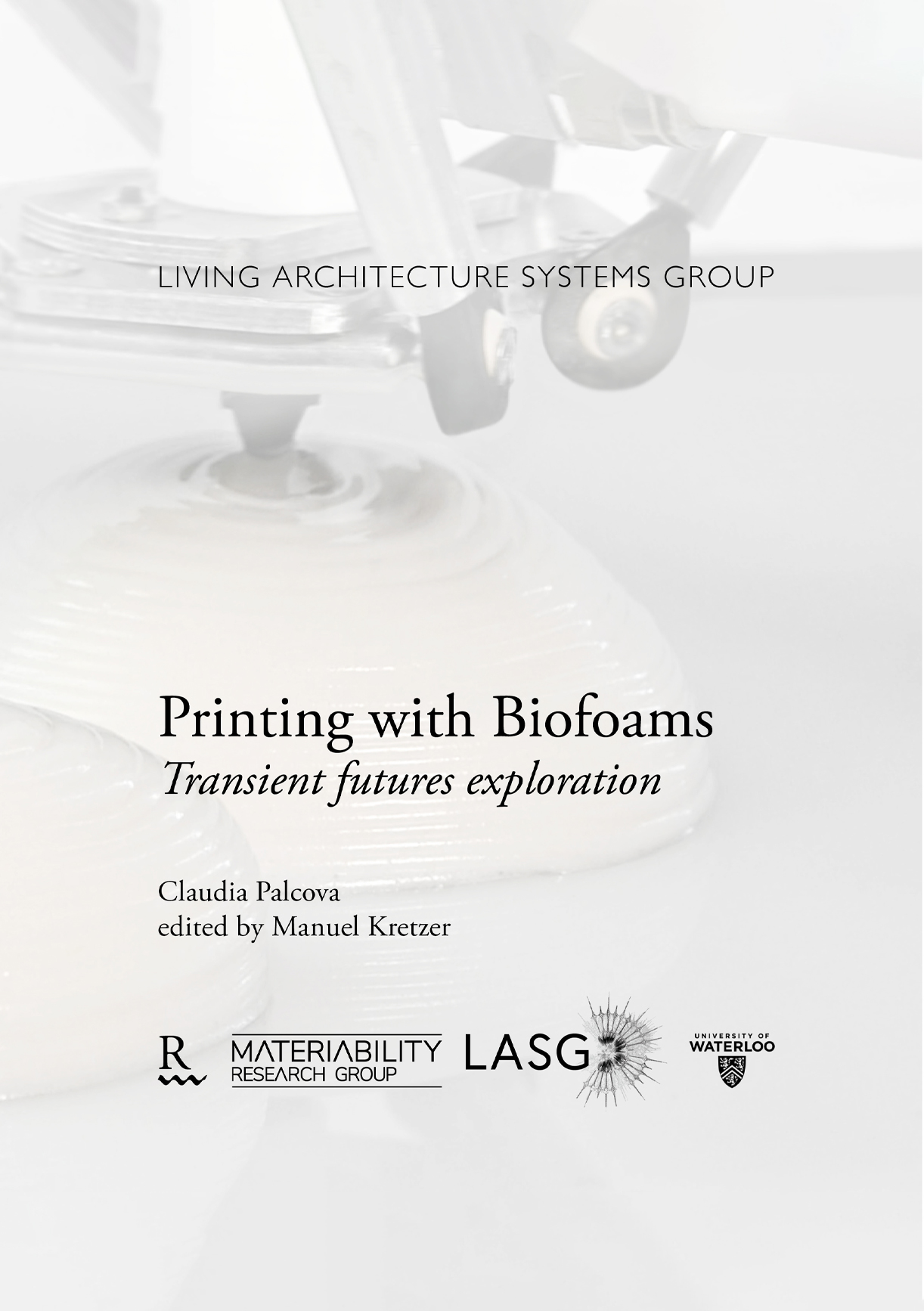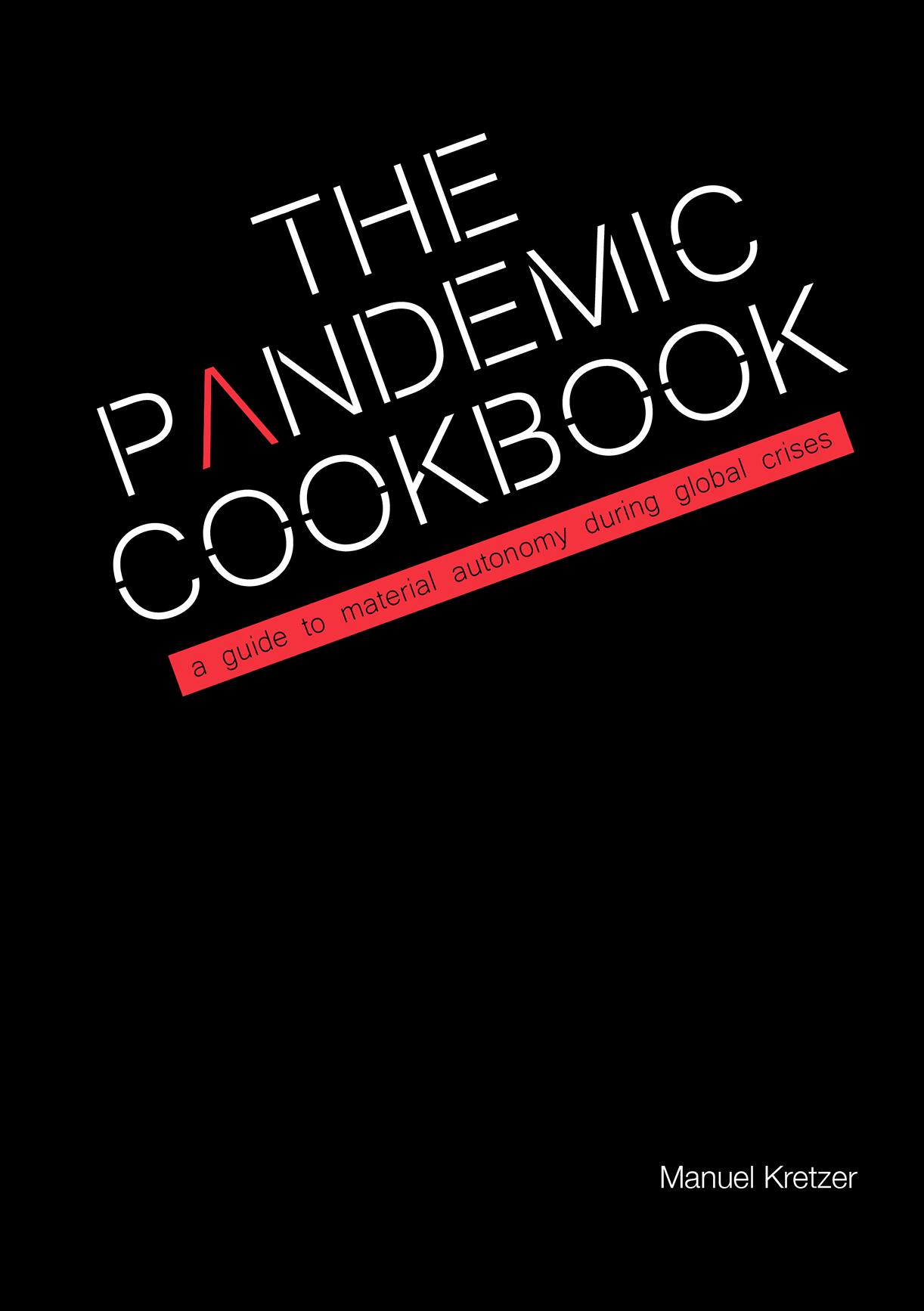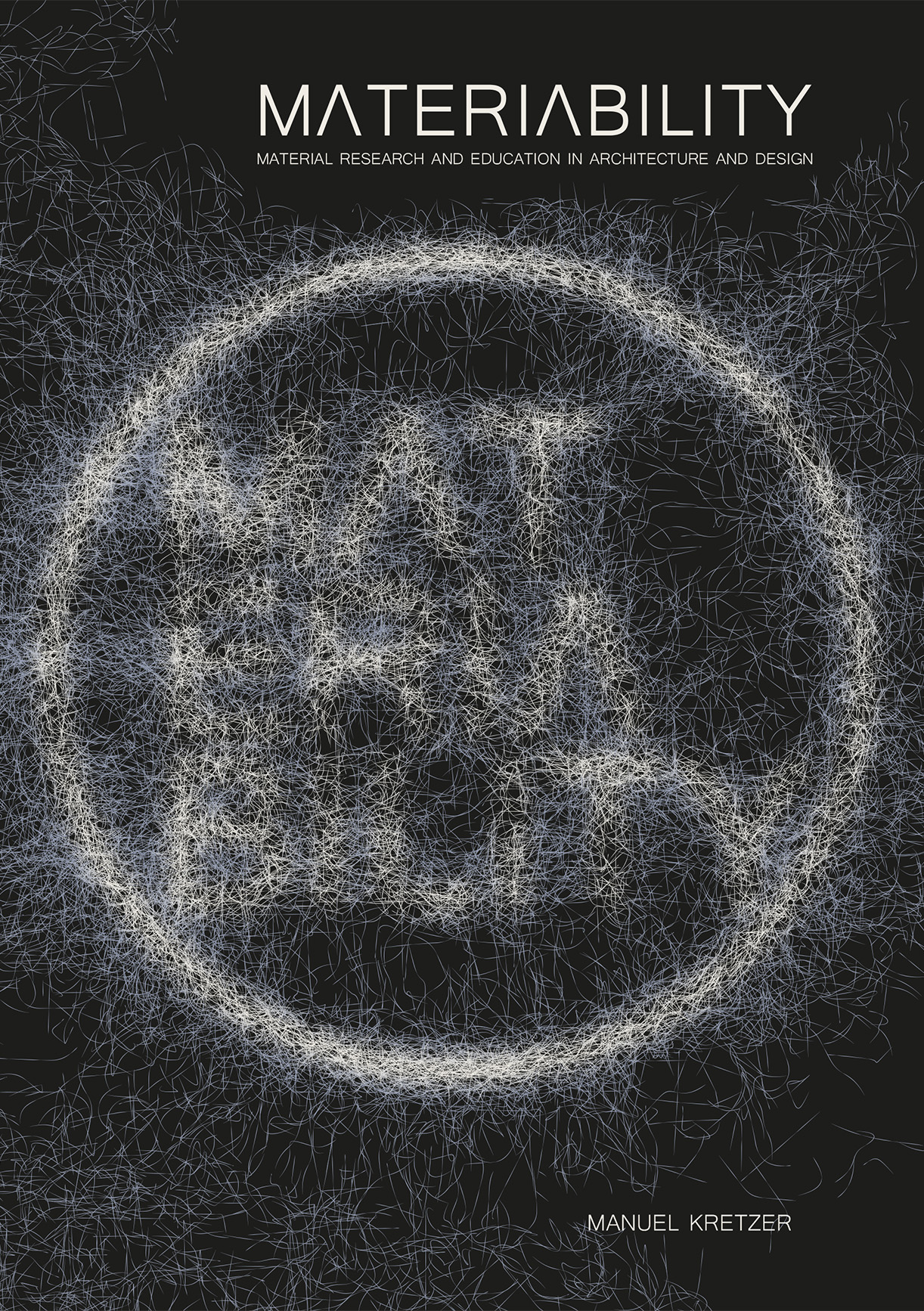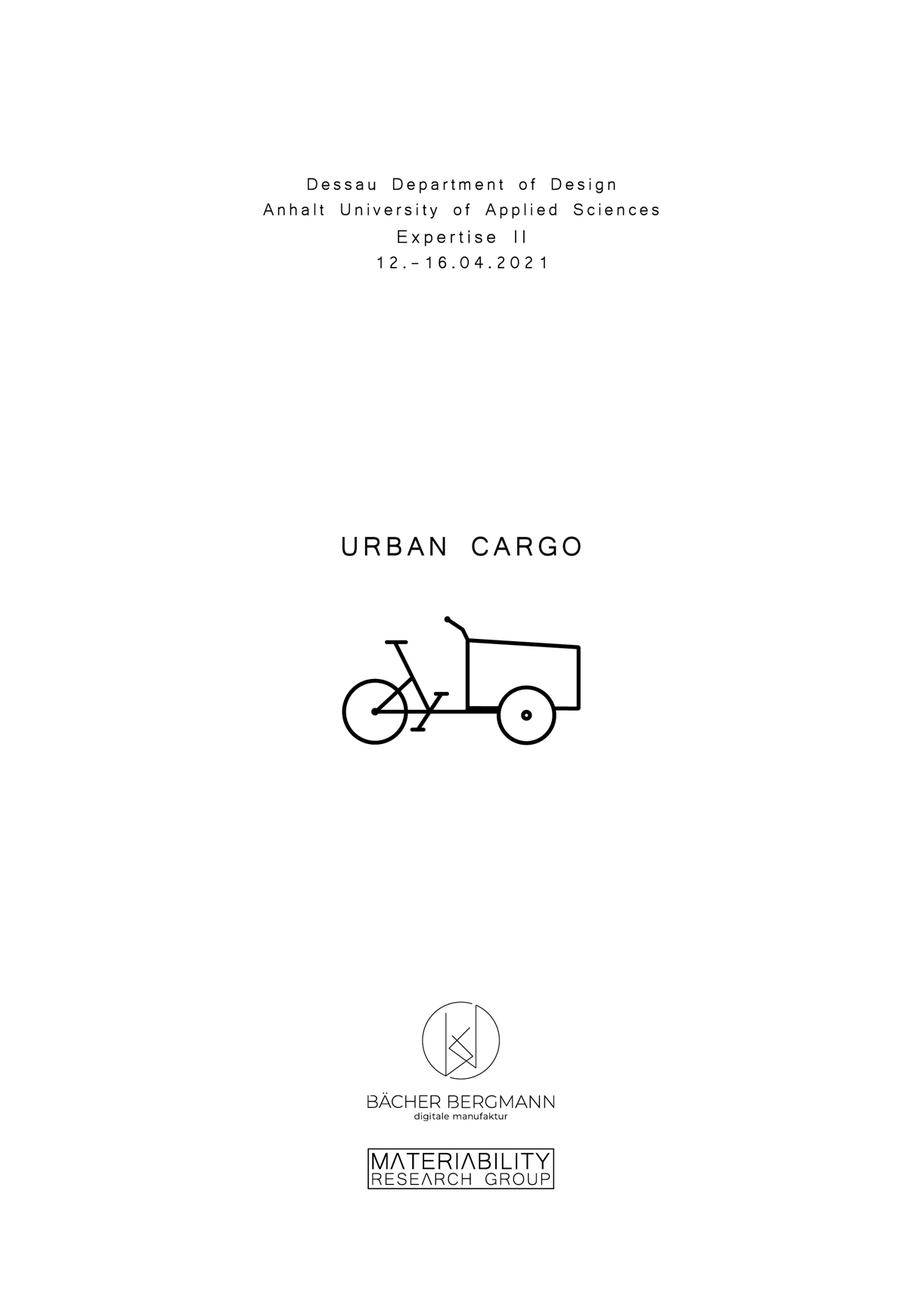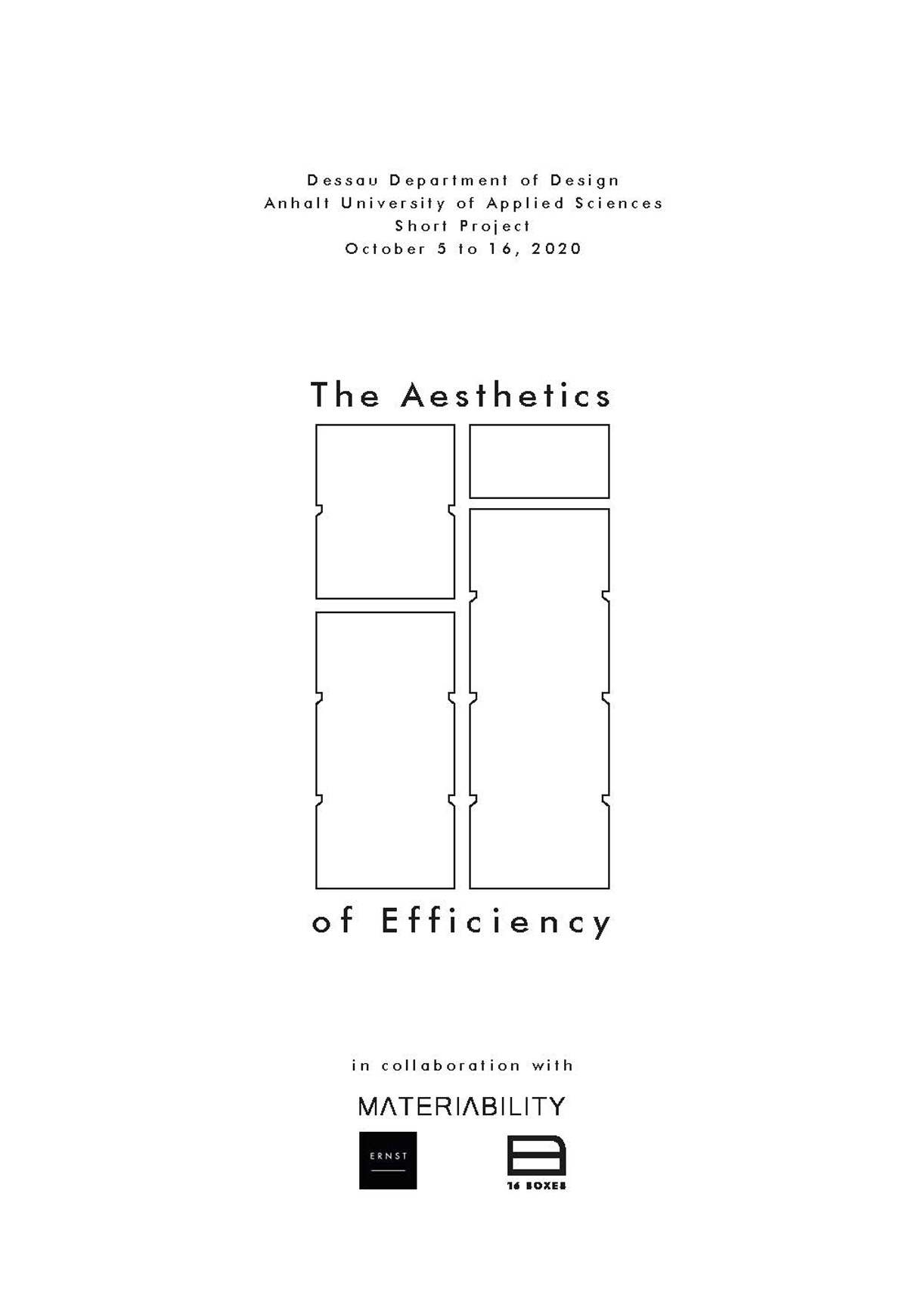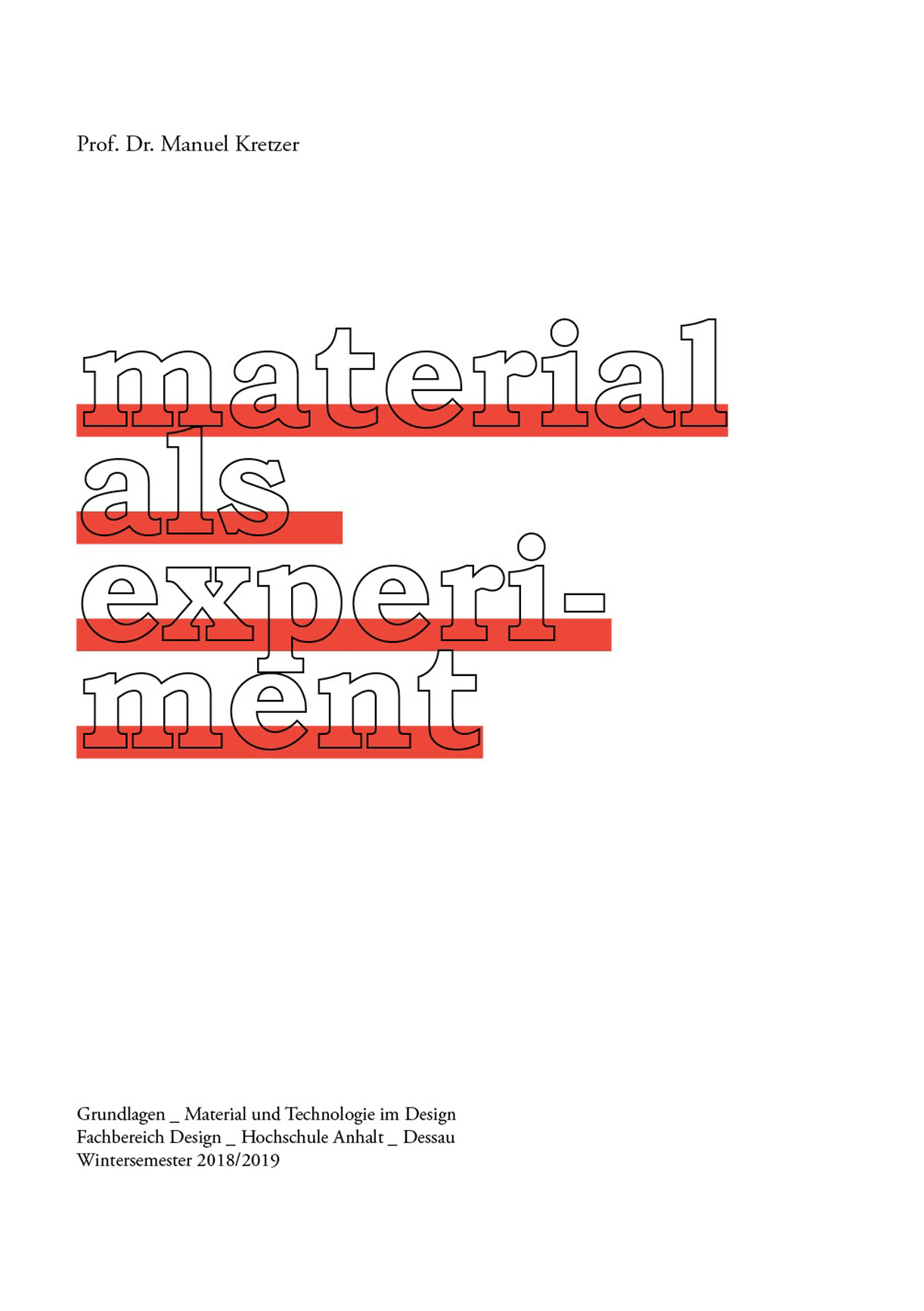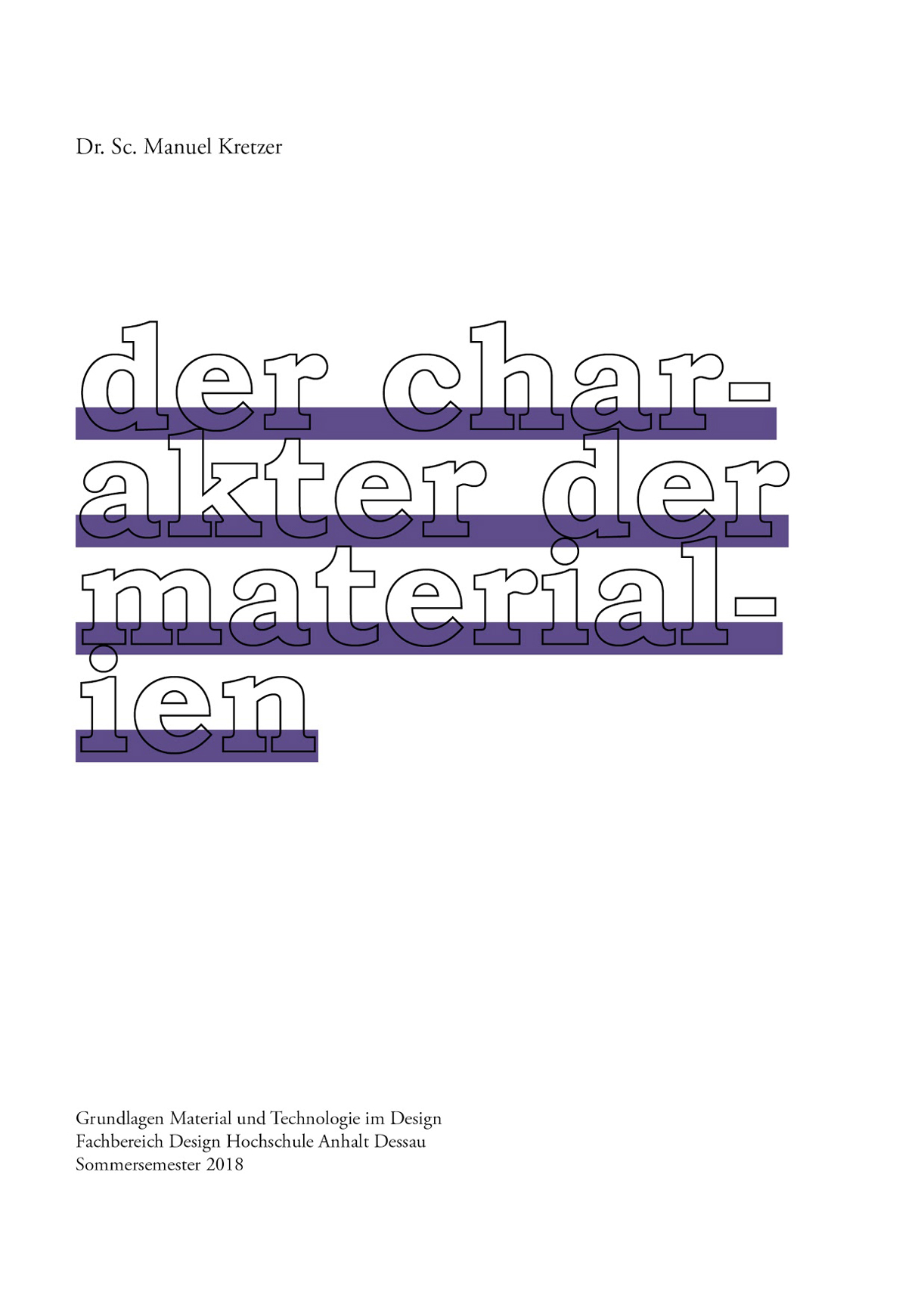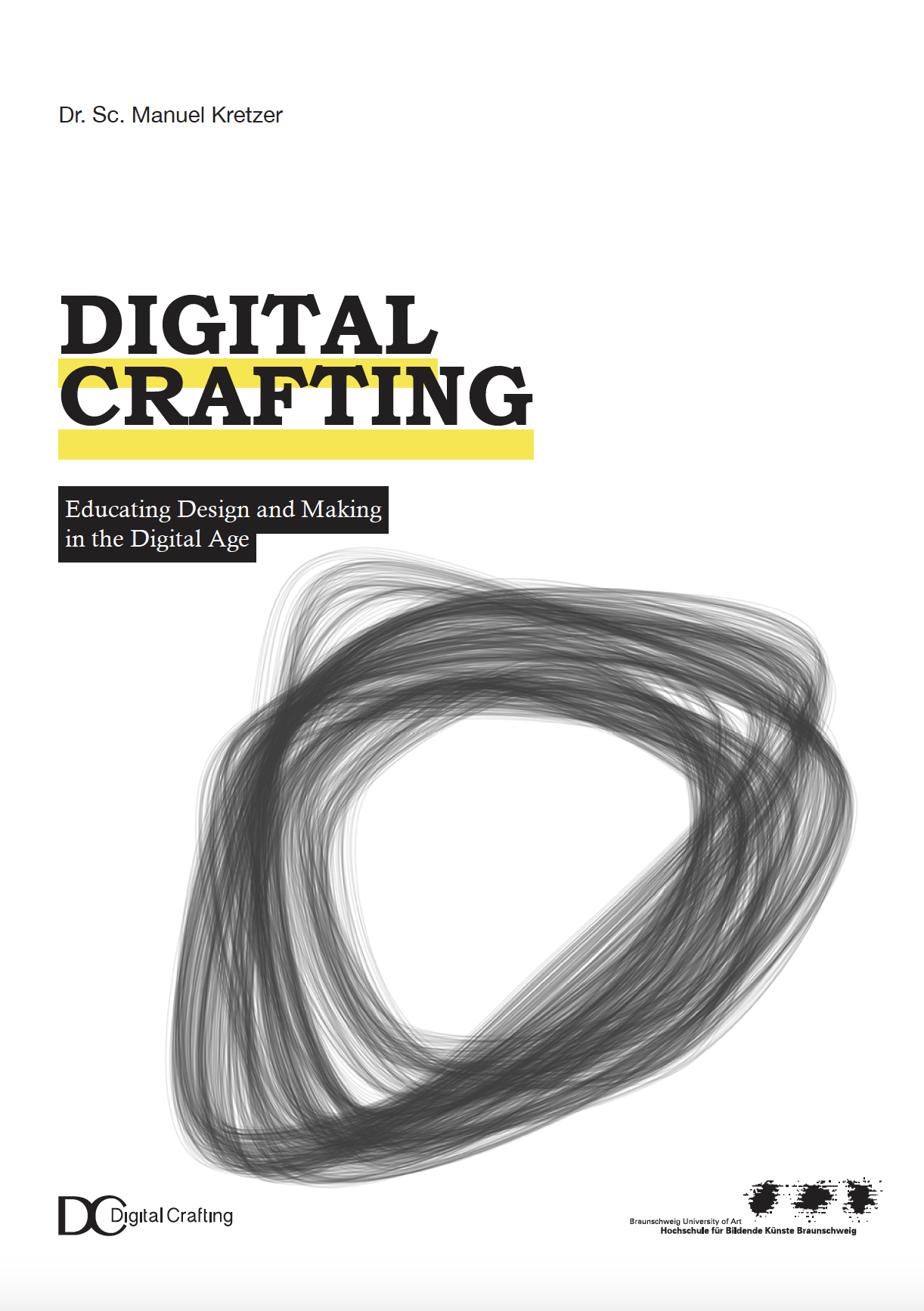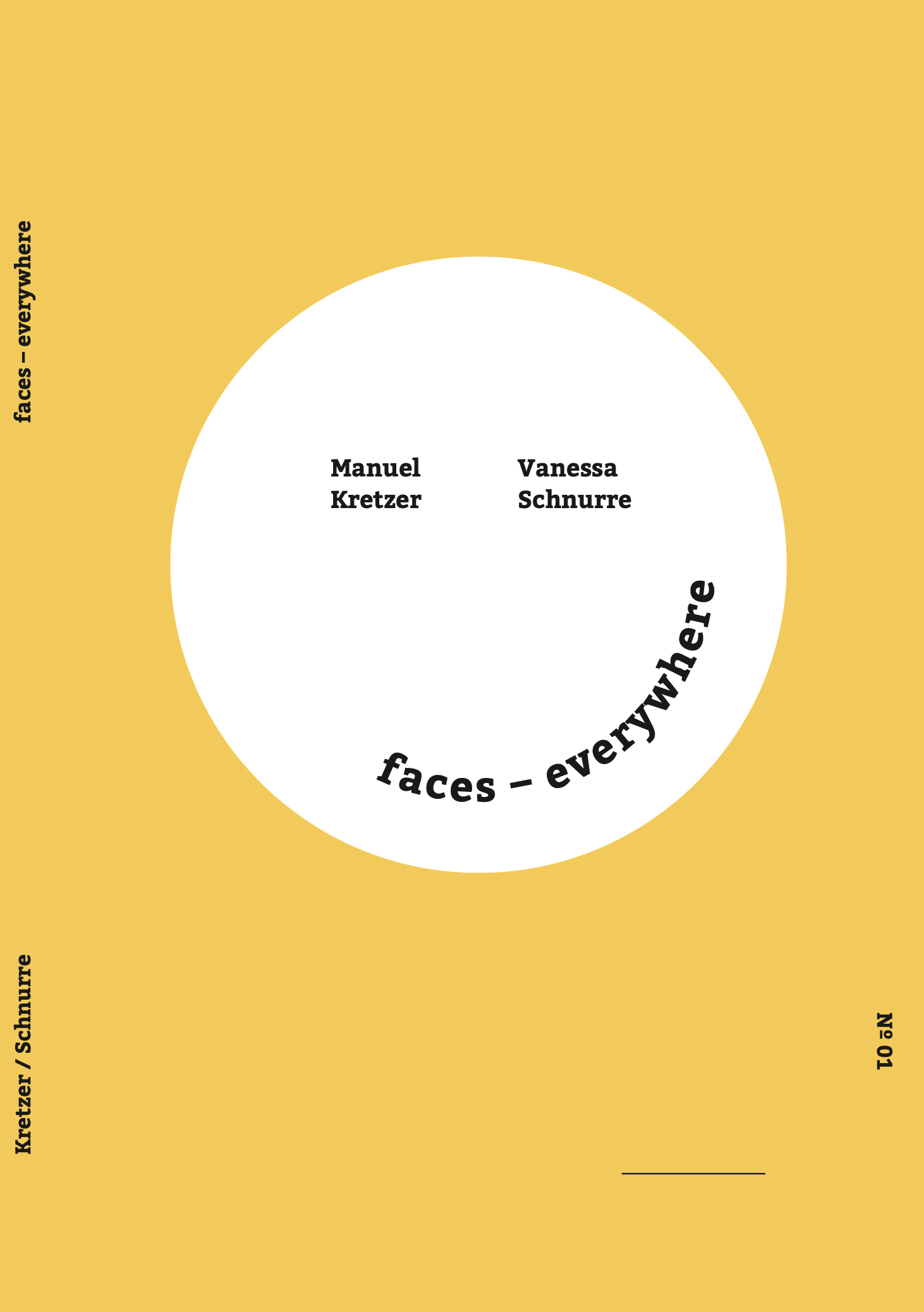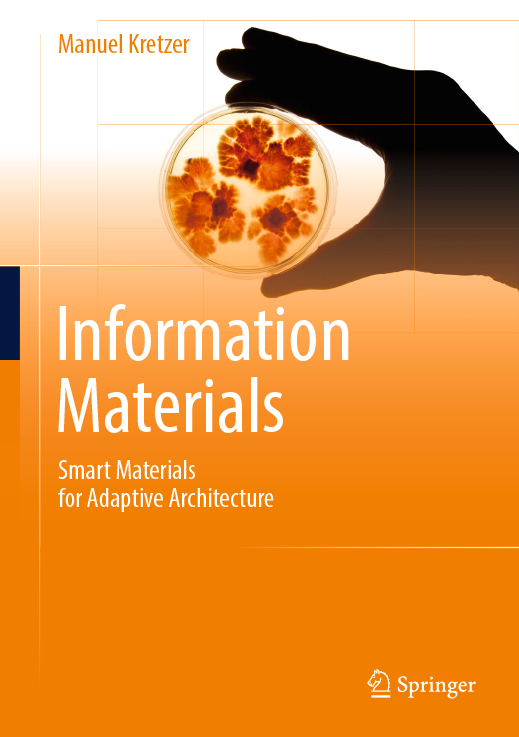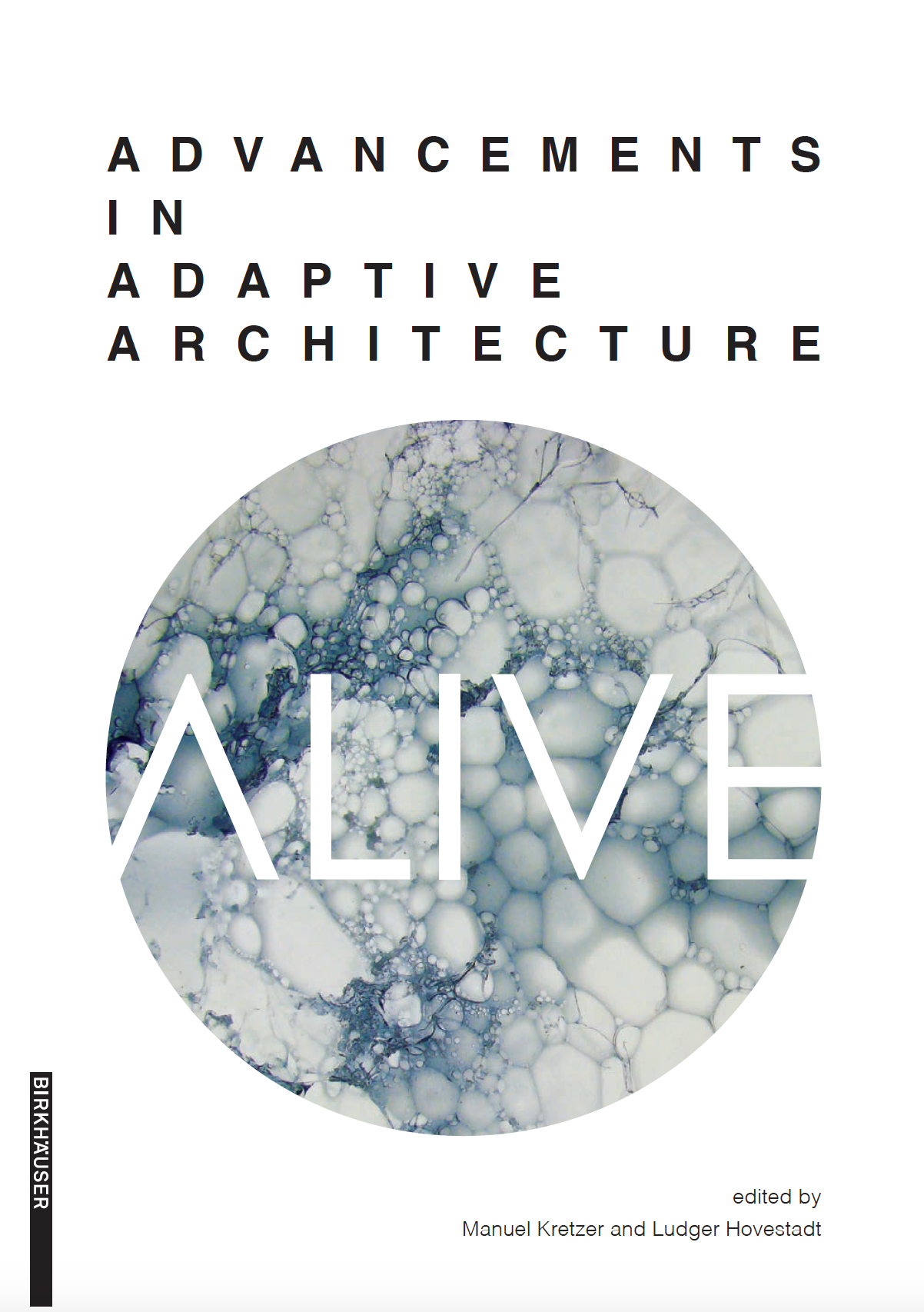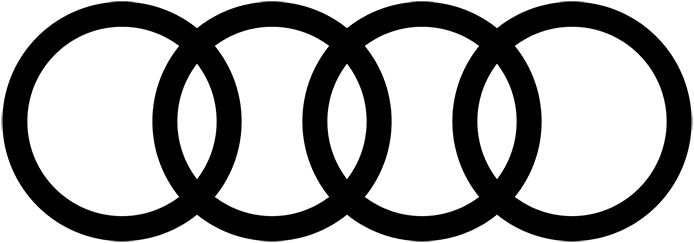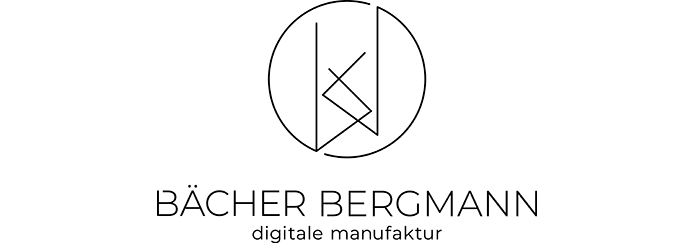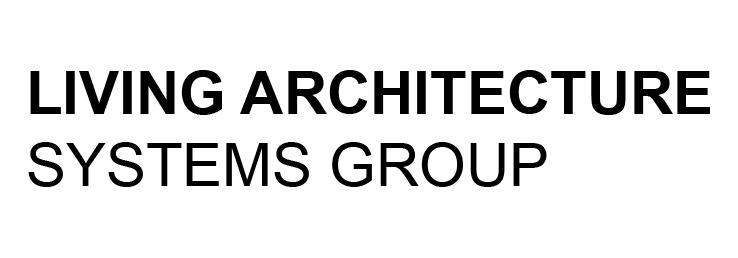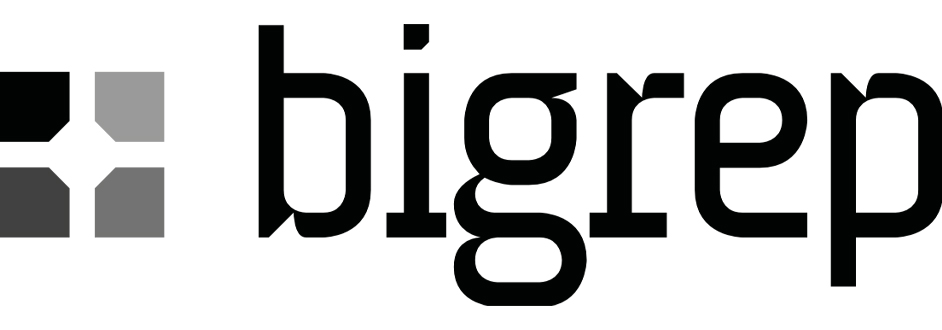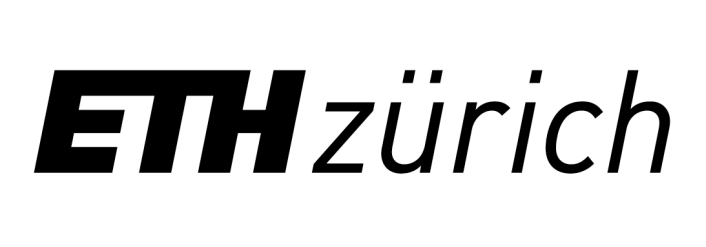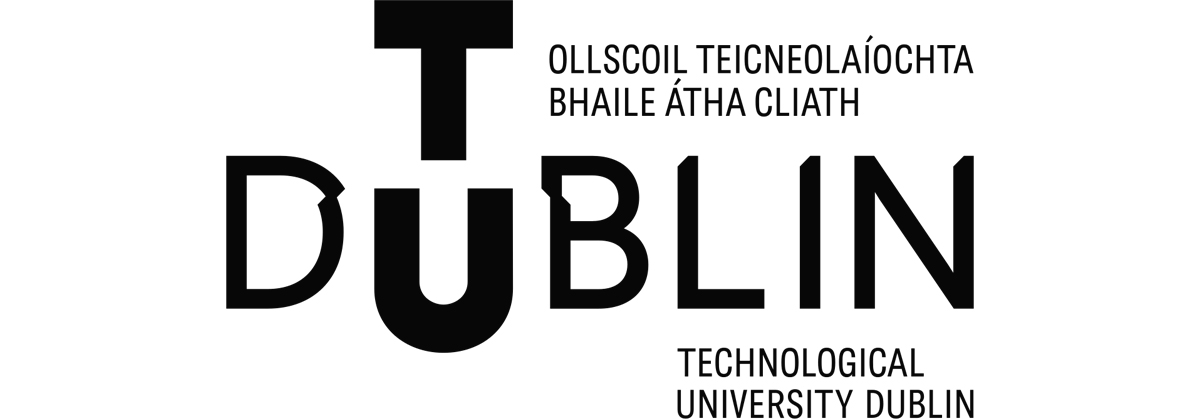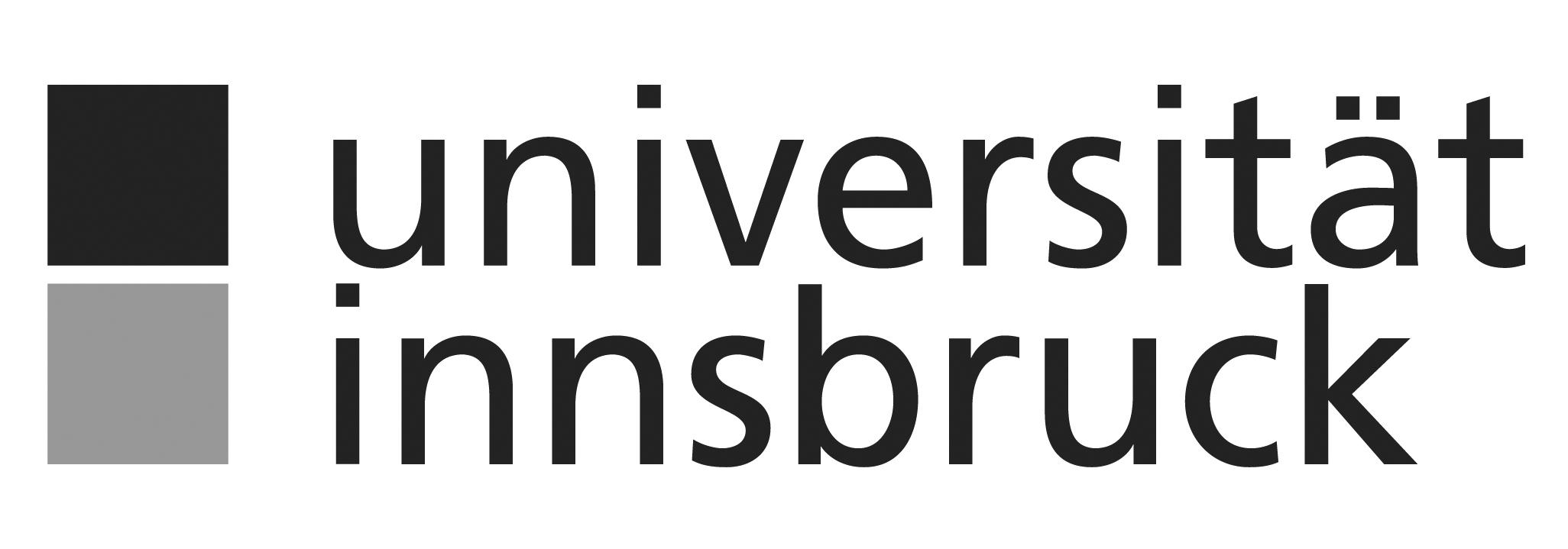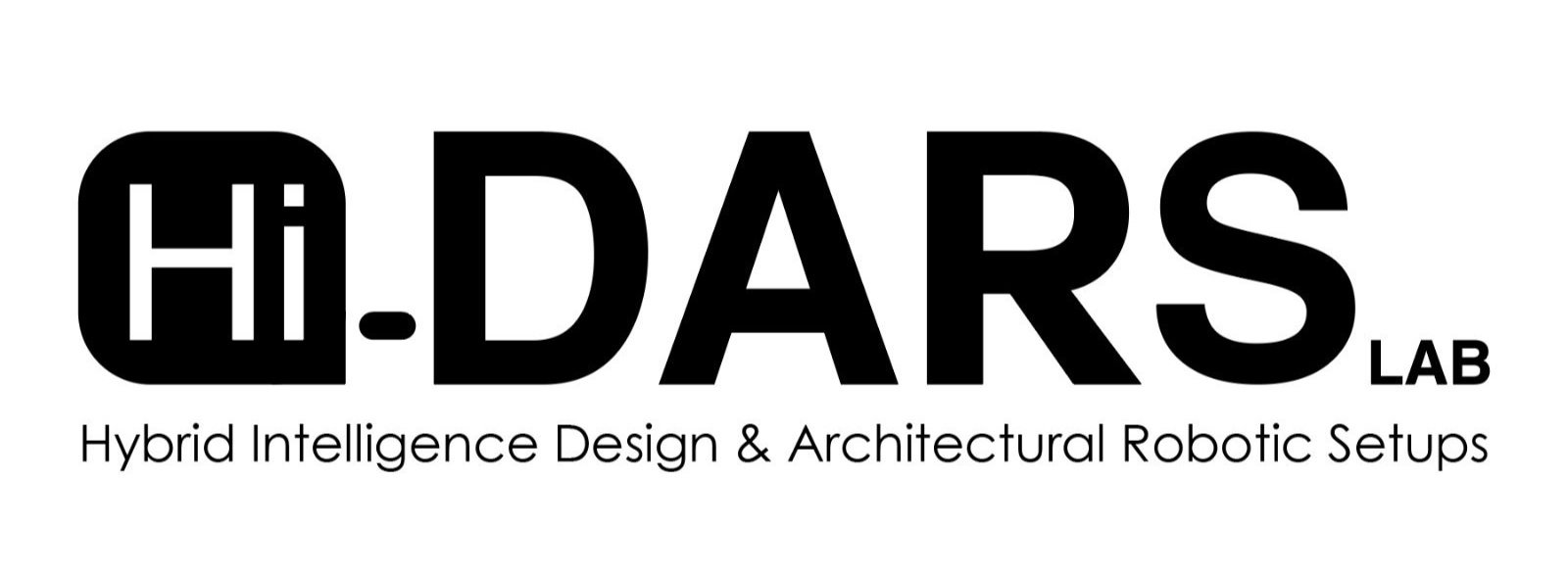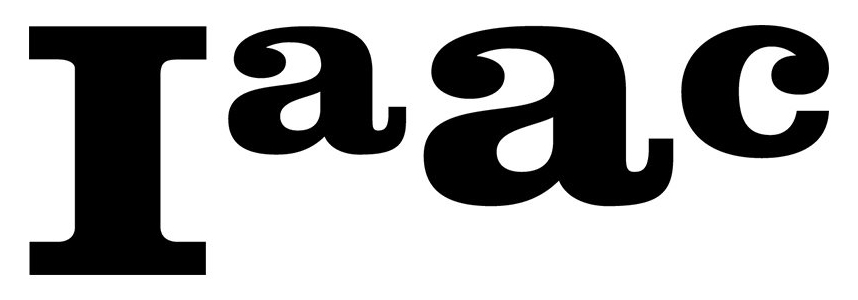about
MATERIABILITY is about making. It is about understanding and actively learning from and about the world by physically engaging in it. By experiencing it with our hands and all our senses. Materiability is about taking action. It is about not accepting the status-quo as given but instead speculate and dream about possible alternatives. It is about sharing these dreams with others. About communicating, exchanging and collaborating. About believing in a future that is shaped by our common efforts. Materiability is about inspiration and open, unrestricted access to information. It is about testing ideas and visions. About treating challenges not as problems that need to be solved but as opportunities from which new can emerge. Materiability is a playground for probing tomorrow.
The term materiability was first coined by Prof. Ludger Hovestadt in 2011, highlighting the abundance of possibilities emerging from the synthetic creation of new, active materials and the necessity for architects and designers to learn using and qualifying their potential. The materiability research network, as an attempt to bridge the gap in between design and science, was initiated by Manuel Kretzer in 2012. It emerged from a joint initiative between the Chair for Computer Aided Architectural Design, ETH Zurich and Interaction Design, Zurich University of the Arts. What was initially intended as a platform to provide access to emerging material developments, quickly grew into an international community, which by the end of May 2017 comprised almost 2000 active members.
Since June 2017 the materiability research network has been renamed into materiability and its content has been split into research and education. All information that is published in the projects, tutorials and materials sections is educational and will always remain free to use by anyone for non-profit purposes. This trinity, inspiration (projects), instructions (tutorials) and information (materials), is ought to help develop a common ground in order to communicate across usually disparate scientific and creative fields.
In 2018 Manuel Kretzer was appointed Professor for Material and Technology at the Department of Design, Anhalt University of Applied Sciences. In 2019 Virginia Binsch joined as a research assistant and the Materiability Research Group with associated Materiability Lab was founded in Dessau, right next to the historical Bauhaus building by Walter Gropius. The group’s work focuses on exploring novel material fabrication in unison with digital design and fabrication processes. A particular emphasis is on adaptive or smart technologies as well as biological materials and their impact on our future environment.


